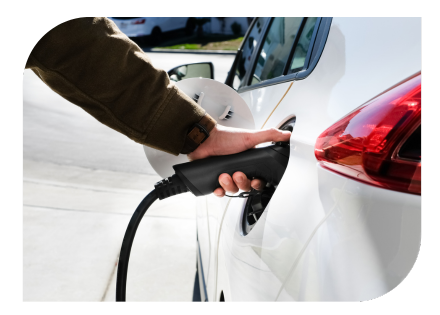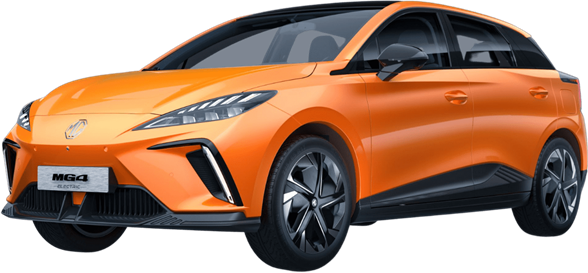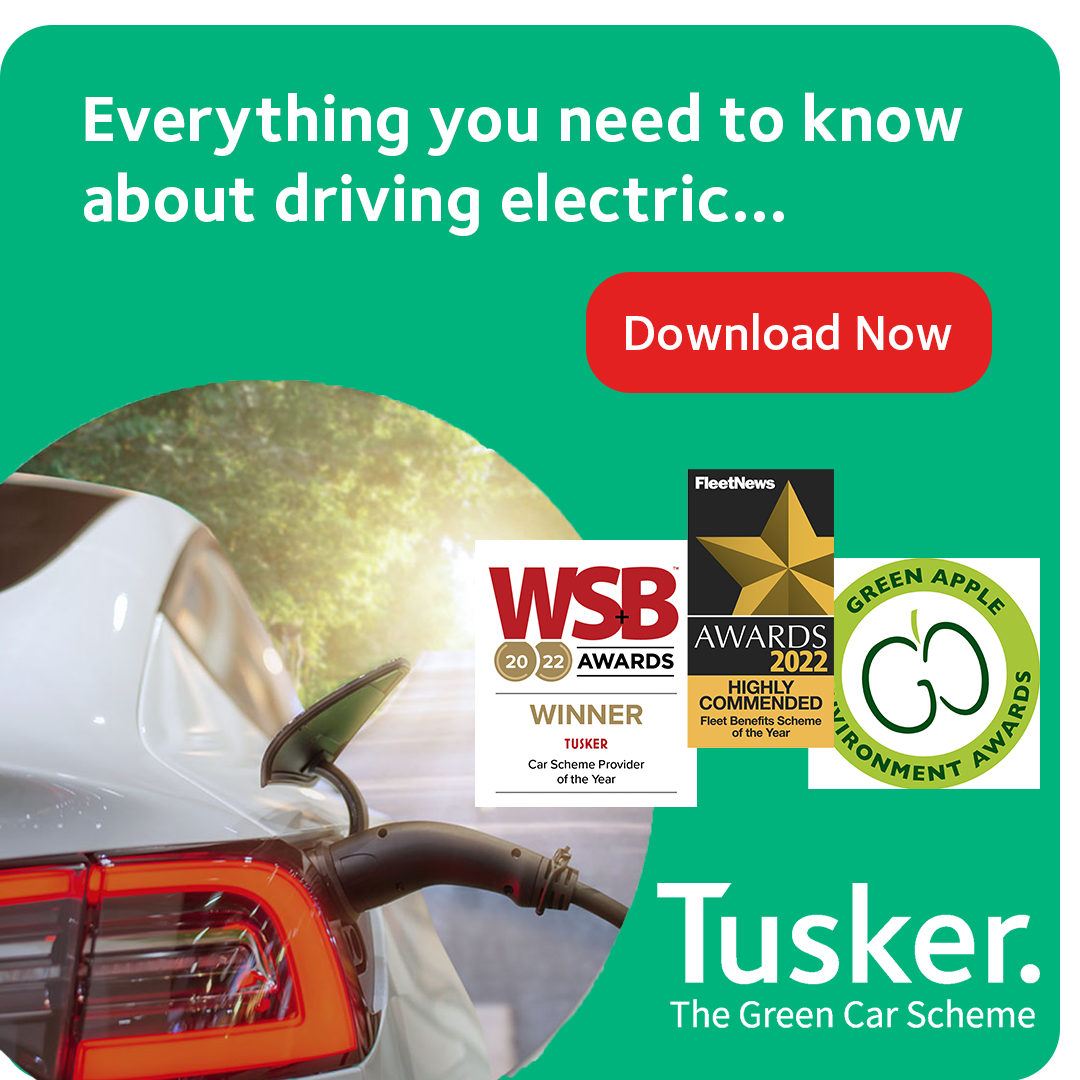The Future of Electric Cars
What does the future look like for electric cars?
Electric cars made up more than 16% of all cars bought in 2022, and more than 85% of orders on Tusker’s car benefit scheme. In addition to the environmental benefits, EVs can represent big savings in terms of running costs, local congestion charges, Benefit in Kind, and maintenance. Combine all of this with almost every manufacturer offering their take on the EV, and there’s little wonder why electric cars are so popular. But what does the future of electric cars hold?
There will be more chargers

The UK charging infrastructure is growing rapidly with 36,316 charging locations in 2024 compared to 8,803 in 2022, according to Zap-Map. While the charging network has faced challenges over the years, we are now at a tipping point where supply is catching up with demand. There’s more good news as many of these chargers are rapid chargers, meaning you’ll be back on the road and ready to go before you’ve even had a chance to drink your takeaway coffee.
In the future, you can expect to see even more chargers installed in large numbers in convenient locations such as supermarkets or your place of work. As technology continues to progress, charging speeds are also likely to continue to get faster too.
Find a Charging Point
Longer range and faster charging
We have already seen dramatic improvements in electric car range with early adopters driving cars limited to around 100 miles versus today’s latest models regularly being capable of almost 300 miles and some more than 450 miles. While it is rare that you’ll need to cover such distances in one trip, electric cars will continue to offer more and more peace of mind in the form of longer ranges.
We all know that charging an electric car, even with a rapid charger, takes longer than fuelling at the pumps. However, engineers are currently working on solid-state batteries that promise incredible performance. Toyota is developing a battery system that could potentially deliver a range of up to 754 miles and charge in just 10 minutes.
Electric cars will become an everyday normality
While combustion cars and petrol stations are going to be around for years to come, a 2030 ban on the sale of new petrol, diesel, and hybrid cars will make alternative fuels the only option. We are already seeing large-scale adoption of EVs, but soon they will become the most mainstream option in the showroom.
Buying an electric car will become more affordable
Buying an EV can be a costly endeavour and a significant hurdle for many. The tech in an electric car doesn’t come cheap, but those costs are reducing thanks to a highly competitive industry and growing economies of scale.
There are some great value electric cars available today such as the brilliant MG4 and established Renault Zoe considerably undercutting competitors. Tusker’s salary sacrifice car benefit scheme is an affordable way to get a brand-new EV on your driveway today. One predictable monthly amount covers the car, insurance, maintenance, replacement tyres and breakdown cover.

MG4
See our Popular Electric Cars

